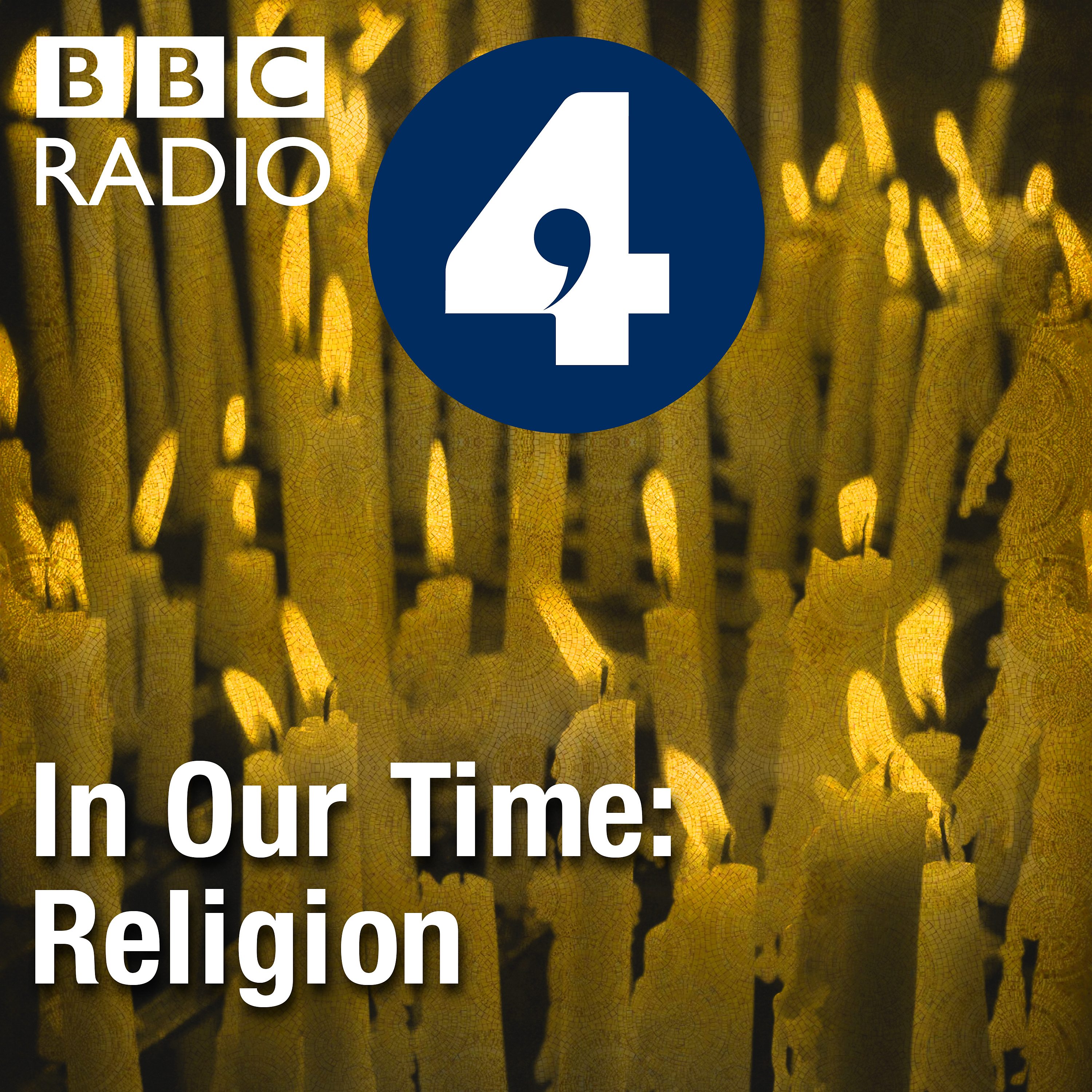Julian the Apostate
Description
Melvyn Bragg and guests discuss the last pagan ruler of the Roman Empire. Fifty years after Constantine the Great converted to Christianity and introduced a policy of tolerating the faith across the empire, Julian (c.331 - 363 AD) aimed to promote paganism instead, branding Constantine the worst of all his predecessors. Julian was a philosopher-emperor in the mould of Marcus Aurelius and was noted in his lifetime for his letters and his satires, and it was his surprising success as a general in his youth in Gaul that had propelled him to power barely twenty years after a rival had slaughtered his family. Julian's pagan mission and his life were brought to a sudden end while on campaign against the Sasanian Empire in the east, but he left so much written evidence of his ideas that he remains one of the most intriguing of all the Roman emperors and a hero to the humanists of the Enlightenment.
With
James Corke-Webster
Reader in Classics, History and Liberal Arts at King’s College, London
Lea Niccolai
Assistant Professor in Classics at the University of Cambridge and Fellow and Director of Studies in Classics, Trinity College
And
Shaun Tougher
Professor of Late Roman and Byzantine History at Cardiff University
Producer: Simon Tillotson
Reading list:
Polymnia Athanassiadi, Julian: An Intellectual Biography (first published 1981; Routledge, 2014)
Nicholas Baker-Brian and Shaun Tougher (eds.), Emperor and Author: The Writings of Julian the Apostate (Classical Press of Wales, 2012)
Nicholas Baker-Brian and Shaun Tougher (eds.), The Sons of Constantine, AD 337-361: In the Shadows of Constantine and Julian, (Palgrave Macmillan, 2020)
G.W. Bowersock, Julian the Apostate (first published 1978; Harvard University Press, 1997)
Susanna Elm, Sons of Hellenism, Fathers of the Church: Emperor Julian, Gregory of Nazianzus, and the Vision of Rome (University of California Press, 2012)
Ari Finkelstein, The Specter of the Jews: Emperor Julian and the Rhetoric of Ethnicity in Syrian Antioch (University of California Press, 2018)
David Neal Greenwood, Julian and Christianity: Revisiting the Constantinian Revolution (Cornell University Press, 2021)
Lea Niccolai, Christianity, Philosophy, and Roman Power: Constantine, Julian, and the Bishops on Exegesis and Empire (Cambridge University Press, 2023)
Stefan Rebenich and Hans-Ulrich Wiemer (eds), A Companion to Julian the Apostate (Brill, 2020)
Rowland Smith, Julian’s Gods: Religion and Philosophy in the Thought and Action of Julian the Apostate (Routledge, 1995)
H.C. Teitler, The Last Pagan Emperor: Julian the Apostate and the War against Christianity (Oxford University Press, 2017)
Shaun Tougher, Julian the Apostate (Edinburgh University Press, 2007)
W. C. Wright, The Works of Emperor Julian of Rome (Loeb, 1913-23)
More Episodes
Published 04/18/24
Melvyn Bragg and guests discuss one of the most influential theologians of the twentieth century. Karl Barth (1886 - 1968) rejected the liberal theology of his time which, he argued, used the Bible and religion to help humans understand themselves rather than prepare them to open themselves to...
Published 01/04/24
Melvyn Bragg and guests discuss the anchoress and mystic who, in the late fourteenth century, wrote about her visions of Christ suffering, in a work since known as Revelations of Divine Love. She is probably the first named woman writer in English, even if questions about her name and life...
Published 11/16/23


